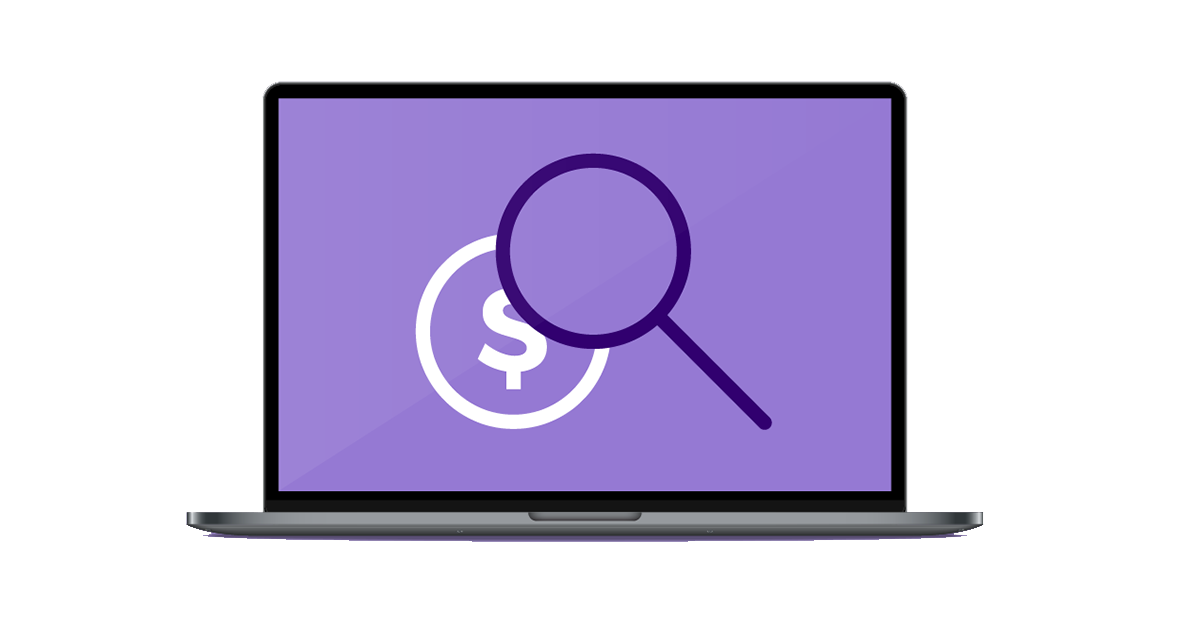While 2023 will have no shortage of priorities for payers to invest in, improving claims payment integrity is one area where they can realize significant progress—and this requires a holistic approach that improves their entire claim payment continuum.
To that end, Cotiviti has just published an eBook, The payment integrity playbook for success in 2023 and beyond, offering concrete strategies for health plans of all sizes to tackle growing areas of concern in payment integrity. These include the following five specific areas.
Lowering provider abrasion by creating a fast prepay claim editing process
Delaying claims payments and recovering overpayments are two issues that are sure to frustrate your provider network. With a robust automated claim editing system in place—supplemented by human expertise that can be deployed before payment for complex clinical scenarios—payers can significantly reduce abrasion. Being transparent with providers and implementing a user-friendly system that enables claim inquiries to be answered quickly and thoroughly also improves provider relations.
Tackling complex issues with retrospective solutions
While prospective solutions reduce the need for costly and abrasive overpayment recovery, the truth is they can’t always catch more complex claims that require deep levels of scrutiny due to exclusions, time constraints, and other challenges. Postpay data mining solutions are needed to catch issues including complex incorrect modifiers, procedures, or revenue code mappings; multiple claim payments; and more. These advanced analytics are supplemented with human intervention to perform additional outreach needed to verify claims manually, which delivers better savings.
Improving the member experience through better coordination of benefits (COB)
Few things can frustrate a plan member more than being told that their claim wasn’t paid due to a COB issue, leaving them stuck in the middle between multiple payers. That’s why it’s critical for plans to align COB to the member lifecycle rather than solely the claim cycle. This means looking beyond data sources into events such starting a job, getting married or divorced, or retirement, to name a few—and carefully considering how these impact the claims adjudication and payment process. Not only does this approach reduce member and provider abrasion, but it provides the opportunity to integrate prospective and retrospective processes for a complete program with multiple intervention points.
Minimizing fraud, waste, and abuse (FWA) trends accelerated by the COVID-19 pandemic
The pandemic brought with it extraordinary growth in telehealth, with the volume of behavioral health procedure codes in telehealth shifting from just 0.5% in 2019 to nearly 40% in 2022, according to Cotiviti's own data. This led bad actors to devise schemes such as billing plans for individual therapy rather than group therapy, marking a rising area of concern for FWA. But the more “classic” schemes remain as well, including inappropriately unbundling services. By collaborating across their organization rather than putting their special investigations unit (SIU) in a silo, payers can manage and even prevent FWA with more success.
Curbing rapidly increasing specialty pharmacy costs
Specialty pharmaceutical pricing grew an estimated 4–6% in 2022, and with new drugs gaining approval every month, this concern isn’t going away. By deploying a well-rounded team of pharmacists, pharmacy technicians, data analysts, and more, payers will gain a more complete perspective on specialty drugs billed to a member’s medical and pharmacy benefits. While it’s ideal to prevent inappropriate specialty drug claims from being paid, a postpay “safety net” is also vital for complex scenarios that require additional verification.





